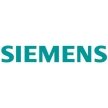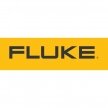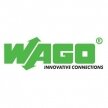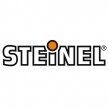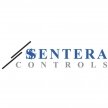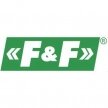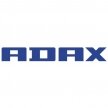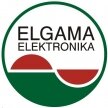-
Product Catalog
- Security and Surveillance Systems
- Automatic Circuit Breakers for Direct Current (DC) Circuits with Integrated Overload, Short-Circuit, and Voltage Stabilization Protection Functions
- Lighting with the help of electrical energy
- Automation and Control Systems
- Sealing profiles | rubber | gaskets | strips
- Inflatable Liquid Storage Tanks | Reservoirs | Bladders
- Inflatable rubber plugs for sealing high-pressure plumbing pipes
- Electrical distribution and installation
- Solar Energy Generation and Management Equipment
-
HVAC control solutions for heating and ventilation.
- HVAC automation
- Fans for ventilation systems
- Ducts and connections for ventilation | air conditioning systems
- Chimney Caps | Deflectors | for Ventilation and Chimney Systems
- Dampers for ducts | ventilation | air conditioning systems
- Duct Silencers | Ventilation | Ventilation Systems
- Air Filters for Ducts | Ventilation | Ventilation Systems
- Supply Air Ventilation Dampers
- Diffusers for Ventilation Systems
- Mobile Air Conditioners | for Indoor Climate Control
- Domestic | industrial air purification systems
- Special products and accessories
- Other products
- Safety tools
- Quality used products
Frequency inverters
-
Read more
Frequency inverters are electronic devices that convert direct current (DC) into alternating current (AC) with adjustable frequency and voltage. They are widely used in industry, automation systems, and other fields where motor speed and torque control is required. Frequency inverters allow for more efficient control of electric motors, optimizing energy consumption and increasing equipment longevity.
Key Features:
Speed and Torque: Frequency inverters enable precise control of motor speed and torque according to specific process requirements.
Energy Savings: Using frequency inverters can reduce energy consumption, as motors operate more efficiently under adapted load conditions.
Safety Features: Most frequency inverters come with integrated safety features such as overvoltage protection, overload protection, and others that ensure long-term and reliable operation.
Interface Options: Frequency inverters can be integrated with other systems, allowing for remote monitoring and control of devices, as well as the use of various communication protocols.
Applications:Industrial Automation: Frequency inverters are used in production lines where motor regulation is needed to optimize processes.
Water Supply Systems: Frequency inverters regulate the speed of water pumps to ensure efficient water supply.
Climate Control: Frequency inverters are often used in air conditioning and heating systems to adjust fan speed.
Transportation: Used in electric vehicle motors to efficiently control speed and energy consumption.
Advantages:Efficiency: Reduces energy consumption and increases system efficiency.
Flexibility: The ability to adjust motor speed according to specific needs.
Durability: Reduces motor load, leading to a longer service life.
Conclusion: Frequency inverters are essential devices in modern industry and automation systems. They not only help optimize energy consumption but also ensure high system efficiency and reliability. Properly selected and installed frequency inverters can significantly improve the performance of all types of equipment.No items found.
US IN SOCIAL NETWORKS


